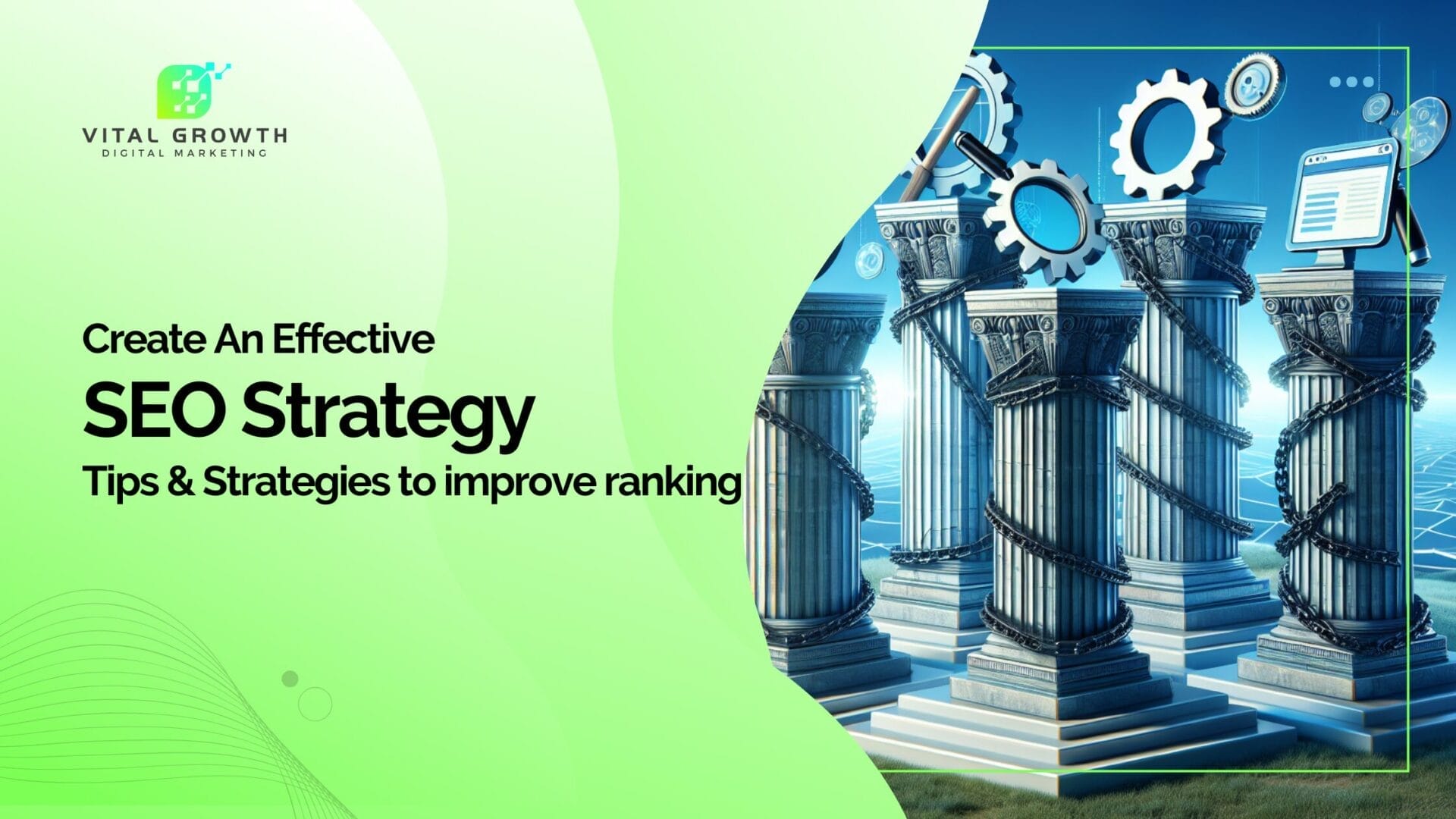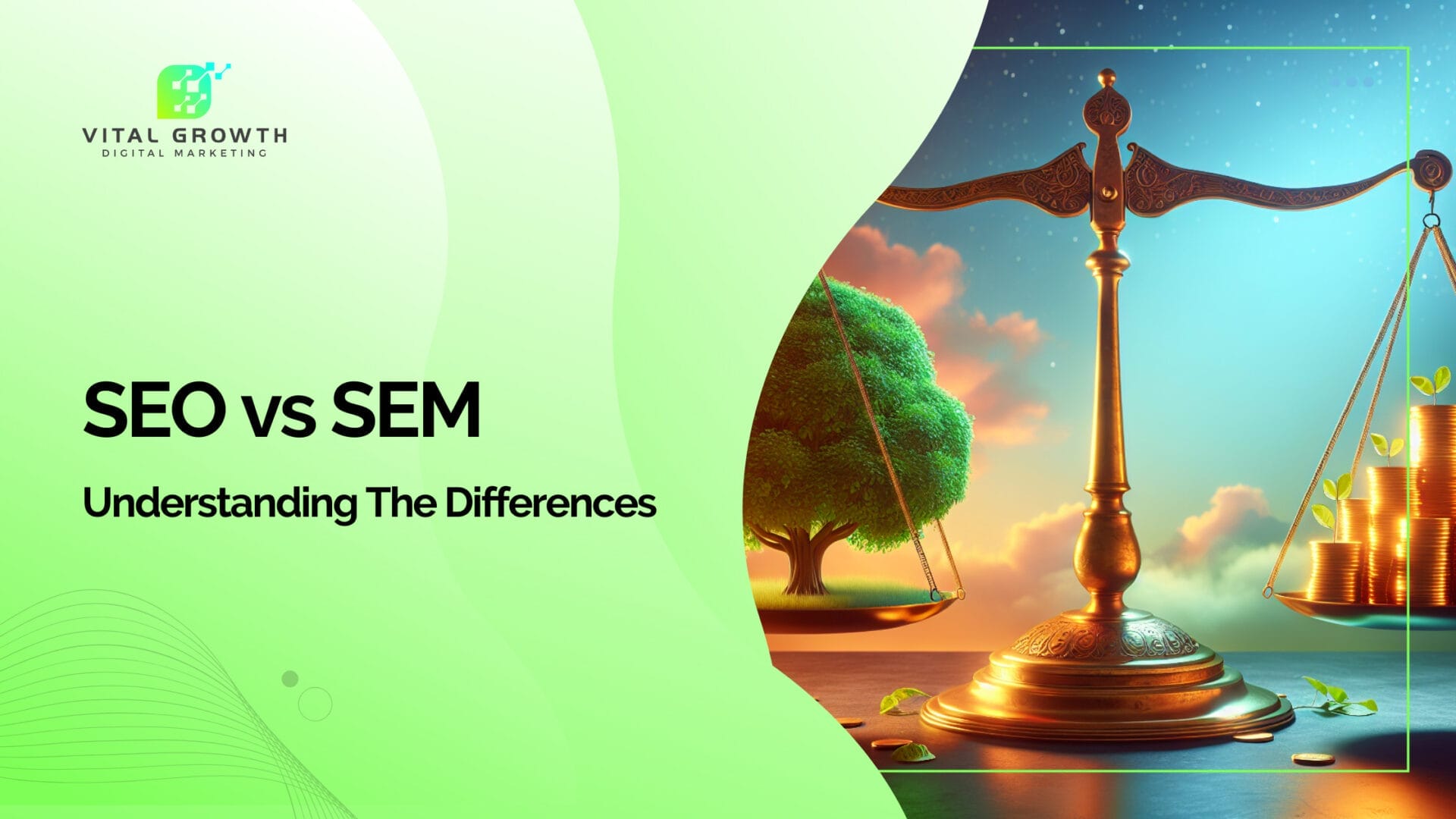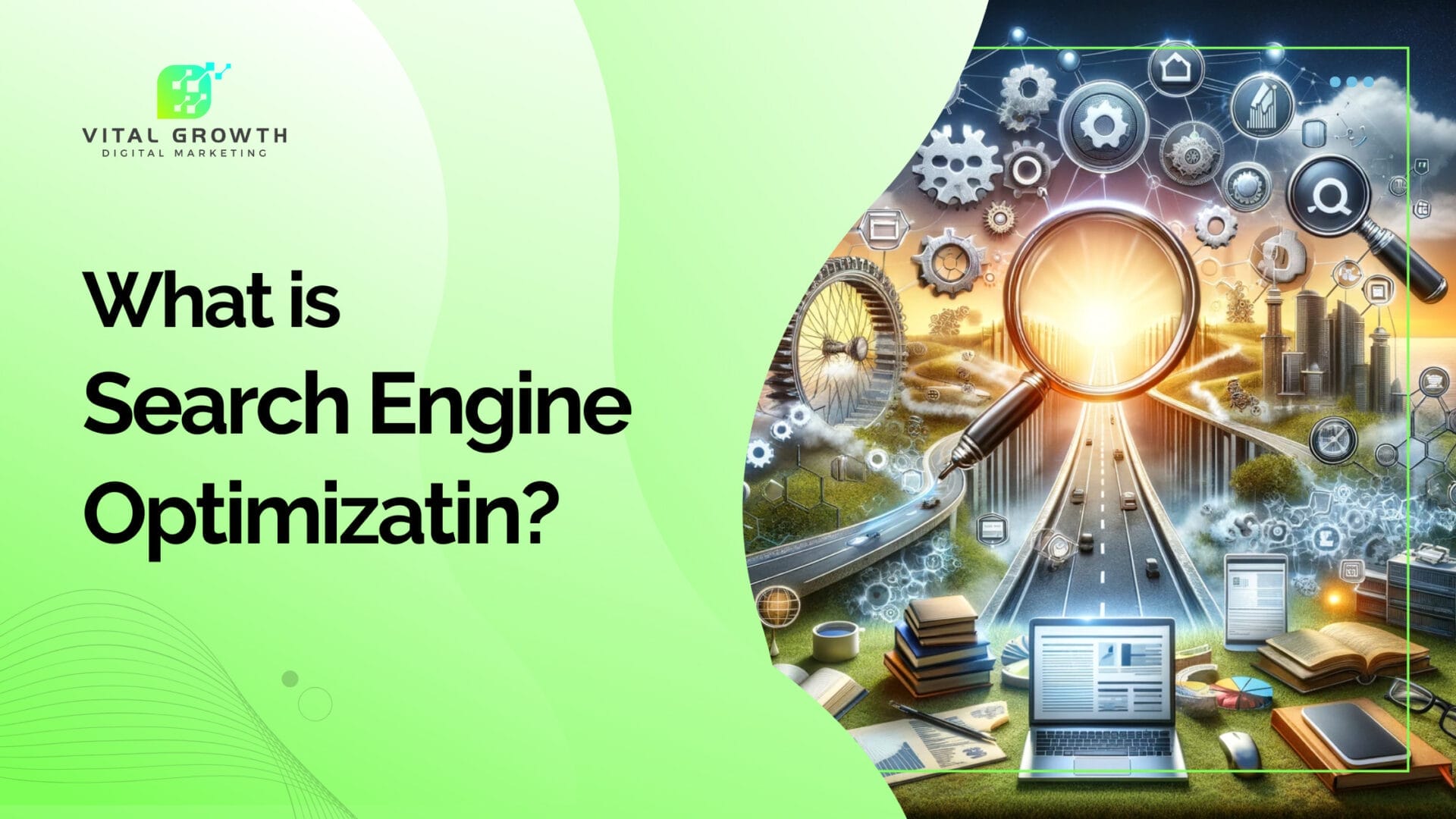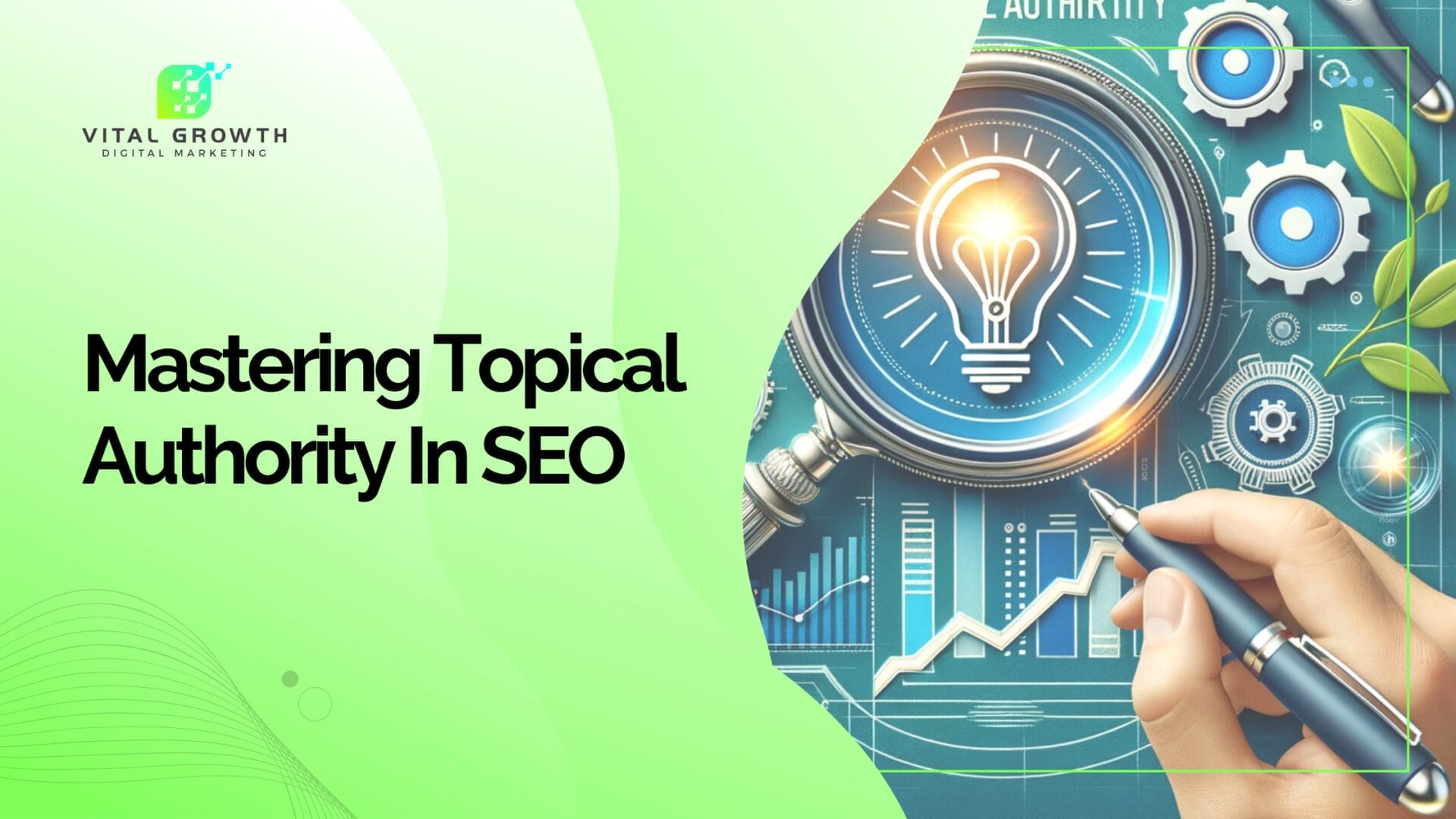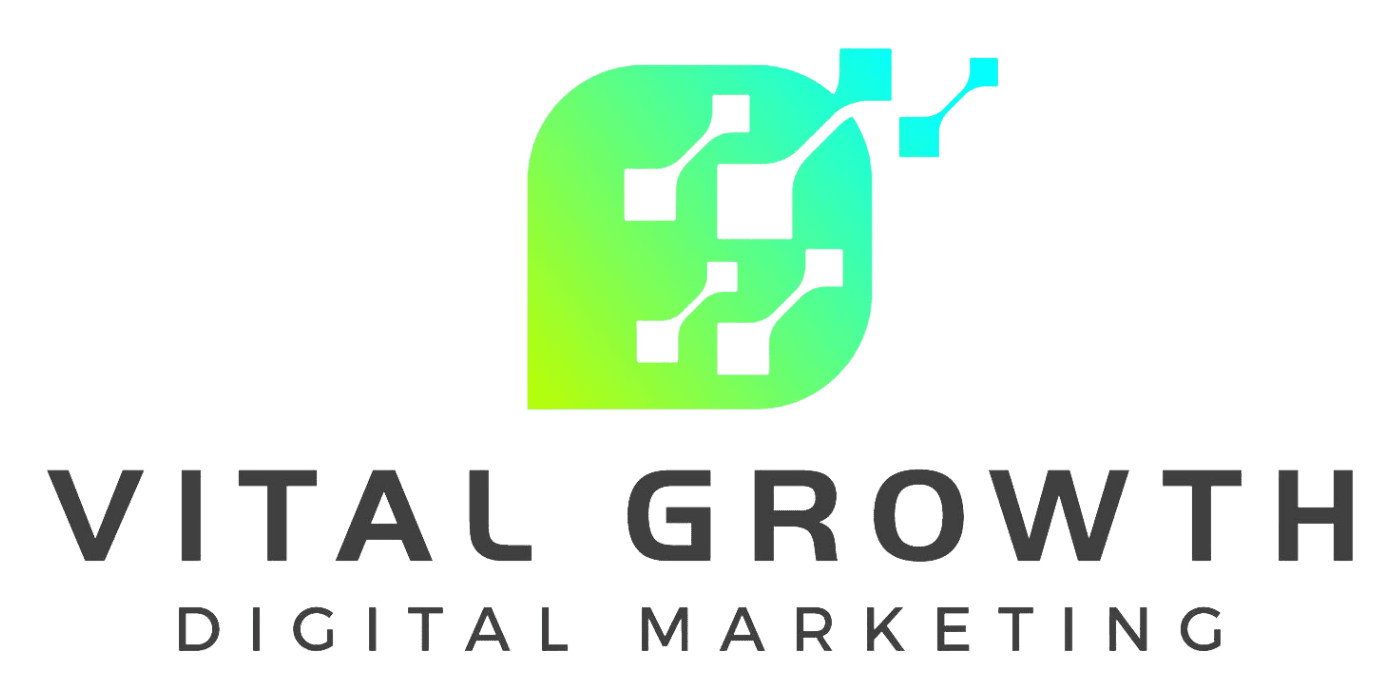SEO is a crucial aspect of digital marketing, but it can be challenging to know just how long it will take to see results from your efforts. You’re not alone if you’re feeling frustrated with the waiting game. Many businesses struggle to understand the timeline for SEO success and ask the question of how long does SEO take, leading to confusion and disappointment.
In this post, we’ll demystify the timeline for SEO and explore the factors that can impact the speed of your results. By the end of this article, you’ll have a better understanding of what to expect and how to optimize your efforts for maximum success. So, if you’re ready to stop guessing and start seeing results, keep reading!
Overview of SEO timeline confusion
SEO is an essential aspect of digital marketing, but it can be difficult to understand exactly how long does seo take to show results. Unfortunately, this confusion surrounding the timeline for SEO success can lead to disappointment and frustration for many businesses. It’s not uncommon for businesses to believe that SEO is a quick fix that will bring immediate results or that it’s a long-term investment that takes months or even years to yield any real progress. The reality, however, is much more complex.
Various factors, including website complexity, competition, keyword difficulty, quality of content, technical SEO, and ongoing optimization efforts, influence the timeline for SEO success. As a result, it’s impossible to provide a one-size-fits-all answer to the question of how long SEO takes. This can be frustrating for businesses eager to see results, but it’s important to set realistic expectations and understand that SEO is a continuous process that requires patience and dedication.
The SEO timeline’s confusion can also impact businesses’ digital marketing strategies. Without a clear understanding of what to expect, businesses may neglect SEO altogether or invest time and resources into ineffective strategies. This is why it’s important to clearly understand the SEO timeline and the factors that can impact it.
What is SEO, and Why is it Important?
Search Engine Optimization, commonly known as SEO, is the practice of optimizing a website to rank higher in search engine results pages (SERPs) and attract more organic traffic. SEO involves a combination of on-page optimization techniques, such as keyword research and content optimization, and off-page optimization tactics, such as link building and social media engagement. The ultimate goal of SEO is to improve the visibility of a website and increase its visibility to potential customers.
But why is SEO so important? In today’s digital age, most consumers use search engines to find products, services, and information online. Studies show that the first page of Google receives 84% of all web traffic. If your website is not ranking well in search results, you’re missing out on a massive opportunity to reach potential customers.
SEO is important because it helps businesses to compete in an increasingly crowded online landscape. By improving your website’s ranking and visibility, you can attract more organic traffic, increase brand awareness, and drive more sales and conversions. SEO can also help establish your brand as an authority in your industry, which can help build trust and credibility with your target audience.
In short, SEO is a critical component of any digital marketing strategy, and it should not be overlooked or neglected. Investing in SEO can increase your website’s visibility, attract more organic traffic, and ultimately drive more sales and revenue for your business.
Factors that Affect the SEO Timeline
The timeline for SEO success is influenced by a range of factors, some of which can significantly impact the speed and effectiveness of your efforts. These factors can range from the technical aspects of your website to the level of competition in your industry and the quality of your content. By considering these factors and adjusting your strategy accordingly, you can optimize your SEO efforts and achieve better results.
For example, your website’s technical structure and code can greatly impact your SEO success. A well-structured, optimized website will be easier for search engines to crawl and index, which can help to improve your visibility and ranking in search results. The level of competition in your industry is another important factor, as highly competitive industries may require more time and effort to achieve top rankings.
The quality of your content is also a critical factor, as search engines prefer high-quality, relevant, and valuable content. Poor quality content can negatively impact your website’s ranking and visibility, so it’s important to focus on producing high-quality content that provides value to your target audience. Additionally, ongoing optimization efforts are crucial for maintaining and improving your SEO results.
Website complexity
Website complexity is one of the key factors that can impact the timeline for SEO success. A complex website can be more difficult to optimize and may require more time and resources to achieve top rankings in search engine results pages. This can include factors such as website design, the number of pages, the structure of the website, and the use of dynamic content and programming languages.
Competition
Competition is another important factor that can impact the timeline for SEO success. In highly competitive industries, businesses may need to invest more time and effort into their SEO efforts to achieve top rankings in search engine results pages. The level of competition can vary greatly between industries and even between different keywords, making it important to understand the level of competition when developing an SEO strategy.
Keyword difficulty
Keyword difficulty is a measure of the level of competition for a particular keyword or phrase in search engine results pages. The keyword difficulty score can range from low to high, and it’s an important factor to consider when developing an SEO strategy. Targeting highly competitive keywords with a high keyword difficulty score may take longer and require more effort to achieve high rankings in search results, while targeting less competitive keywords with a lower keyword difficulty score may yield faster results.
Various factors are considered to determine the keyword difficulty scores, such as the number of websites targeting the keyword, the quality of the websites targeting the keyword, and the keyword’s relevance to the target audience. Keyword difficulty can also vary greatly between industries and even between different keywords within the same industry.
It’s important to consider keyword difficulty when developing an SEO strategy, as it can help to set realistic expectations and guide optimization efforts. By targeting keywords with a lower difficulty score, businesses can achieve top rankings more quickly and with less effort. Additionally, by targeting relevant keywords to the target audience, businesses can attract more qualified organic traffic and drive more sales and conversions.
Quality of content
The quality of content is a critical factor that can impact the timeline for SEO success. Search engines prefer high-quality, relevant, and valuable content, and poor-quality content can negatively impact a website’s ranking and visibility in search results. This is why it’s so important to focus on producing high-quality content that provides value to the target audience and helps to establish the website as an authority in its industry.
Quality content should be well-researched, well-written, and optimized for search engines. This includes using relevant keywords, incorporating internal and external links, and ensuring that the content is easy to read and understand. Content can also be optimized for user experience by using multimedia elements, such as images and videos, to enhance the reader’s experience.
In addition to improving the user experience, quality content can also help to build brand awareness, establish the website as an authority in its industry, and attract more organic traffic. This can ultimately drive more sales and conversions for the business.
Technical SEO
Technical SEO refers to the technical aspects of a website that can impact its ranking and visibility in search engine results pages (SERPs). This includes website structure, coding, site speed, and mobile optimization. Technical SEO plays a critical role in the success of an SEO strategy, as it lays the foundation for a website optimized for both search engines and users.
A website with a well-structured, clean codebase will make it easier for search engines to crawl and index, which can help improve its ranking and visibility in search results. Site speed is also important, as slow-loading websites can negatively impact the user experience and lead to a higher bounce rate, which can negatively impact the website’s ranking in search results. Mobile optimization is also critical, as many users access the internet from their mobile devices.
Technical SEO requires a comprehensive understanding of the technical aspects of a website and the ability to make the necessary optimizations to improve its ranking and visibility in search results. This can include optimizing the website’s structure and code, improving site speed, and ensuring that the website is mobile-friendly, among other optimizations.
Ongoing optimization efforts
Ongoing optimization efforts are crucial for maintaining and improving the results of an SEO strategy. SEO is not a one-time effort but a continuous process requiring ongoing attention and optimization. This can include updating and improving existing content, building high-quality backlinks, and making technical optimizations, among other efforts.
Regularly updating and improving existing content can help keep the website relevant and valuable to search engines and users. Building high-quality backlinks from authoritative websites can also help to improve the website’s ranking and visibility in search results. Technical optimizations, such as improving site speed and ensuring the website is mobile-friendly, can also help maintain and improve the website’s ranking and visibility in search results.
Ongoing optimization efforts are important because search engines are constantly evolving, and what works today may not work tomorrow. By continuously optimizing the website and adapting to changes in search engine algorithms, businesses can maintain and improve their website’s ranking and visibility in search results.
How Long Does SEO Typically Take?
The average time it takes for SEO success can vary greatly depending on various factors. For businesses with a simple website, targeting less competitive keywords and focusing on quality content, it may be possible to see results in a few weeks or months. However, targeting difficult keywords and a complex website may take several months or even years for businesses in highly competitive industries to achieve desired results.
Importance of realistic expectations
Having realistic expectations is crucial for the success of an SEO strategy. Setting unrealistic expectations can lead to disappointment and frustration and ultimately hinder SEO efforts’ success. On the other hand, having realistic expectations can help set a clear direction for optimization efforts and lead to better results and a more successful SEO strategy.
When setting expectations for SEO, it’s important to consider all factors that can impact the timeline for SEO success. By understanding these factors and taking a data-driven approach, businesses can set realistic expectations and improve their chances of success.
Realistic expectations can also help businesses allocate resources better, prioritize efforts, and make strategic decisions. For example, if the competition for a particular keyword is high and the keyword difficulty score is high, it may take longer and require more effort to achieve top rankings in search results. By understanding this, businesses can adjust their SEO strategy accordingly and allocate resources more effectively.
Why You Should Never Trust An SEO Company That Guarantees Results
Guarantees of quick and easy SEO success should always be approached with caution. While many reputable SEO companies can help businesses to improve their ranking and visibility in search results, many companies make false promises and use unethical techniques that can ultimately harm a website’s ranking and reputation.
Search engine optimization constantly evolves, and no one can guarantee specific results. Search engines use complex algorithms to determine ranking and visibility in search results, and these algorithms are constantly changing. This means that what may work today may not work tomorrow, and no one can guarantee specific rankings or results.
In addition, many companies that offer guaranteed results may use unethical techniques, such as black hat SEO tactics, to achieve quick and easy results. These techniques can include keyword stuffing, link farms, and hidden text, among others. While these techniques may achieve short-term results, they can ultimately harm a website’s ranking and reputation and lead to penalties or even being banned from search results.
The Power of EEAT & Understanding its Impact
EEAT, which stands for Expertise, Authoritativeness, and Trustworthiness, is a critical component of search engine optimization (SEO) that can greatly impact a website’s ranking and visibility in search results. Google introduced this concept as a way to determine the relevance and quality of a website, and it has become a crucial factor in determining how a website will rank in search results.
Trustworthiness refers to the level of trust that users have in the website, including the quality and relevance of the content, the security of the website, and the privacy of user data.
By building experience, expertise, authoritativeness, and trustworthiness, businesses can improve their website’s ranking and visibility in search results, attract more organic traffic, and establish themselves as trusted and authoritative sources of information in their industry.
Experience
Experience plays a crucial role in determining a website’s expertise in its industry. A website with a long history of providing high-quality and relevant content and a track record of delivering results for its users can demonstrate its expertise and establish itself as a trusted and authoritative source of information.
Experience can also demonstrate a website’s commitment to its industry and users and can help build trust and credibility with search engines and users.
Expertise
Expertise refers to the knowledge and experiences of a website in its industry. This includes factors such as the quality of content, the author’s experience and credentials, and the website’s overall relevance to its industry.
Authority
Authority refers to the perception of the website as a credible and trustworthy source of information. This includes factors such as the number and quality of backlinks from other websites, the presence of a strong social media following, and the website’s overall reputation.
Trustworthiness
Trustworthiness refers to the level of trust that users have in the website, including the quality and relevance of the content, the security of the website, and the privacy of user data.
Strategies for Accelerating Your SEO Results
Accelerating your SEO results requires a strategic and data-driven approach to SEO. By focusing on the factors that impact the timeline for SEO success, such as website complexity, competition, keyword difficulty, quality of content, technical SEO, and ongoing optimization efforts, businesses can make targeted optimizations and improve their chances of achieving faster results.
Some strategies for accelerating your SEO results include:
Keyword research and targeting
Keyword research and targeting are crucial components of an effective SEO strategy. By conducting thorough keyword research, businesses can identify high-opportunity keywords relevant to their industry and target audience. This helps businesses to understand what their audience is searching for and what topics are most relevant and valuable to them.
Once high-opportunity keywords have been identified, businesses can target them in their content and optimization efforts. This can include incorporating the keywords into their website’s content, meta tags, and header tags and building high-quality backlinks that include the target keywords.
Content creation and optimization
Creating high-quality, relevant, and informative content is crucial for the success of an SEO strategy. Not only does high-quality content engage and inform users, but it also signals to search engines that the website is a trusted and authoritative source of information on its topic.
When creating content, it’s important to keep all content on the website relevant to the topic. Relevant content helps improve the user experience and demonstrates to search engines that the website is a comprehensive and authoritative source of information on its topic.
In addition to relevance, optimizing the content for search engines is also important. This can include incorporating target keywords into the content, using header tags, meta tags, and meta descriptions, and building high-quality backlinks to the content.
Technical SEO optimization
Technical SEO optimization is an important aspect of a comprehensive SEO strategy. Technical SEO refers to the optimizations and best practices related to the underlying technology and infrastructure of a website, and can greatly impact the website’s ranking and visibility in search results.
Some examples of technical SEO optimization include improving site speed, ensuring the website is mobile-friendly, fixing broken links, and improving the website’s overall structure and navigation. These optimizations can improve the user experience, increase the website’s relevance and authority, and make it easier for search engines to crawl and index its content.
Building high-quality backlinks
Building high-quality backlinks is a critical component of a successful SEO strategy. Backlinks are links from other websites that point to a website and help demonstrate the website’s relevance, authority, and trustworthiness to search engines.
One way to quickly build high-quality backlinks is by tapping into the company’s partners. This can include reaching out to suppliers, vendors, and other businesses with which the company has a relationship and asking for a link to the website. These links can be quick wins, as they are often easier to obtain and can boost the website’s ranking and visibility in search results.
In addition to tapping into the company’s partners, it’s important to build high-quality backlinks from authoritative and relevant websites. This can include creating high-quality and informative content that other websites will want to link to, participating in online communities and forums, and reaching out to other websites to request a link.
It’s also important to consider the quality and relevance of the backlinks. Low-quality or irrelevant backlinks can harm a website’s ranking and reputation, so it’s important to build high-quality backlinks from authoritative and relevant websites.
Common SEO Mistakes to Avoid
SEO can be a complex and challenging process, and it’s easy to make mistakes that can harm a website’s ranking and visibility in search results. By avoiding common SEO mistakes, businesses can improve their website’s ranking and visibility in search results and achieve the best possible results for their business.
Some common SEO mistakes to avoid include:
Overlooking technical SEO
Overlooking technical SEO can seriously affect a website’s ranking and visibility in search results. Technical SEO refers to the optimizations and best practices related to a website’s underlying technology and infrastructure, and neglecting technical SEO can harm a website’s ranking and visibility in search results in several ways.
Ignoring the user experience
Search engines are designed to provide users with the best possible search results, and they use various signals to determine a website’s relevance and value. The user experience is one of these signals, and search engines will favor websites that provide a positive and valuable user experience.
Neglecting the user experience can lead to a high bounce rate, low engagement, and a poor overall user experience. This can signal to search engines that the website is not providing a good user experience, which can harm the website’s ranking and visibility in search results.
Focusing too much on keywords
While keywords are a critical component of an effective SEO strategy, focusing too much on keywords can hurt a website’s ranking and visibility in search results. Search engines prioritize the user experience, and a website over-optimized for keywords can lead to a poor user experience.
Keyword stuffing, for example, is a common SEO mistake where a website includes too many keywords in its content, meta tags, and header tags. This makes the content difficult to read and signals to search engines that the website is not providing a good user experience.
In addition to keyword stuffing, over-focusing on keywords can also lead to a neglect of the user experience. This can include creating low-quality or irrelevant content, ignoring the importance of quality content, and neglecting the importance of the user experience.
Neglecting mobile optimization
Neglecting mobile optimization can hurt a website’s ranking and visibility in search results. With the increasing number of users accessing the internet on mobile devices, it’s more important than ever to ensure that a website is optimized for mobile.
Search engines prioritize websites that provide a positive and valuable user experience, and a website that is not optimized for mobile can lead to a poor user experience. This can include slow load times, difficult navigation, and a poor overall user experience.
Not monitoring and adjusting your strategy
Not monitoring and adjusting your SEO strategy can harm a website’s ranking and visibility in search results. Search engine algorithms are constantly evolving, and it’s important to stay up-to-date with changes and adjust your SEO strategy as needed.
Using black hat techniques
Using black hat SEO techniques can seriously affect a website’s ranking and visibility in search results. Black hat SEO refers to unethical and manipulative practices designed to manipulate search engine rankings, which can seriously affect a website’s ranking and visibility in search results.
Search engines are designed to provide users with the best possible search results, and they penalize websites that use black hat techniques. This can include penalizing websites that use keyword stuffing, participate in link schemes, or use hidden text and links.
In addition to the potential penalties from search engines, using black hat techniques can harm a website’s reputation and credibility. This can negatively impact the website’s brand and lead to a decline in traffic and sales.
Encouragement to keep optimizing your efforts
Continuous SEO optimization can positively impact a website’s ranking and visibility in search results. SEO is a long-term strategy, and the benefits of SEO are often seen over time. By consistently optimizing your SEO efforts, you can improve your website’s ranking and visibility in search results and achieve the best possible results for your business.
In addition to improving your website’s ranking and visibility in search results, continuous SEO optimization can also help you stay ahead of changes in search engine algorithms and ensure that your website is always up-to-date with the latest best practices and optimizations.
Businesses can achieve the best possible results by regularly monitoring and adjusting their SEO strategy, regularly auditing their website for technical and optimization issues, and focusing on high-quality, relevant, and informative content.
Conclusion To How Long Does SEO Take
The timeline for SEO success can vary greatly depending on several factors, including website complexity, competition, keyword difficulty, quality of content, technical SEO, and ongoing optimization efforts. It’s important to understand that SEO is a long-term strategy and that businesses should never trust an SEO company that guarantees results.
However, by focusing on high-quality, relevant, and informative content, technical SEO optimization, building high-quality backlinks, monitoring and adjusting your SEO strategy, and avoiding common SEO mistakes, businesses can accelerate their SEO results and achieve the best possible results for their business.
At Vital Growth Digital Marketing, we understand the importance of SEO and the impact that it can have on your business. We encourage you to contact us today if you’re looking for effective and reliable SEO services. Our team of experts is dedicated to helping businesses achieve their marketing goals, and we’re here to help you achieve the best possible results for your business.


